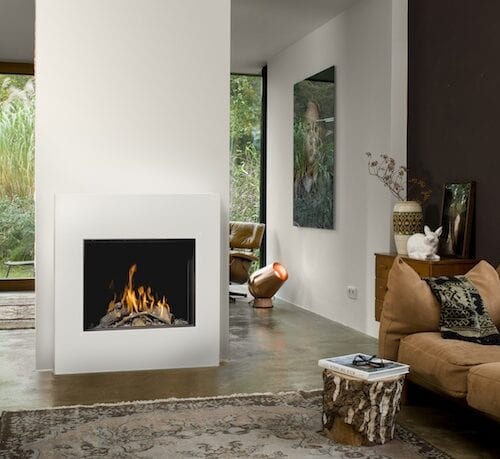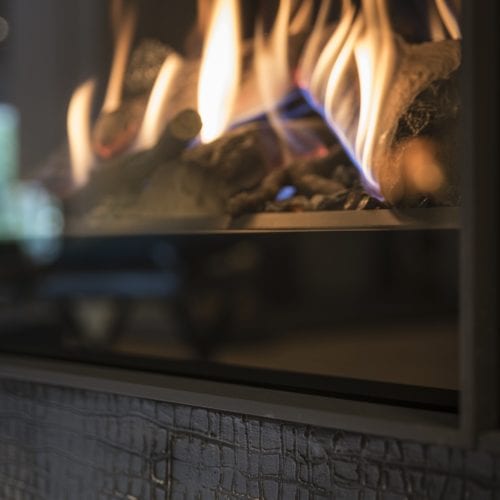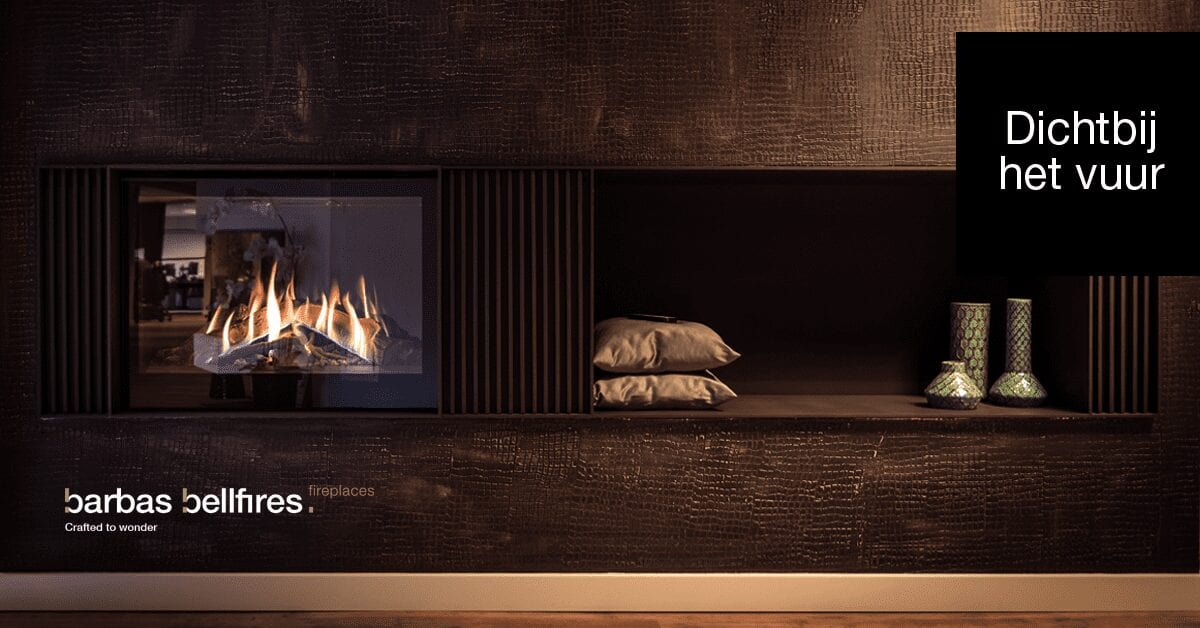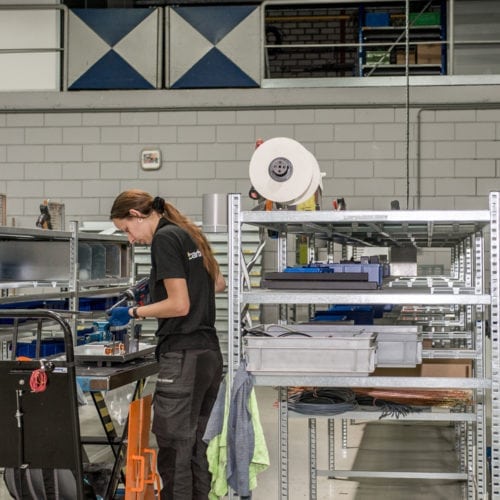Fire and humans go far back. Hundreds of thousands of years ago people made fire for heat, light and to protect against predators. Even though we now – fortunately – have other solutions for that: we are still very attached to our fire. In fact, scientific research has even shown that people who have a wood-burning stove in the house are happier than people without a fireplace. But where does that primordial feeling come from?
No person without fire
When humans have started making fire precisely, the archaeologists do not yet agree. Whether the making of fire was discovered more than 1 million years ago by the Homo erectus or only later by the Homo sapiens or Neanderthals: making fire is certainly an essential part of human development. From the first agricultural societies to the industrial revolution. Without the discovery of making fire, our lives would be very different now.
People with fireplaces are happier
The campfire, and later the fireplace, was the central point for our ancestors. Here you were safe, you could prepare food and you stayed warm. A German study into the influence of wood-burning stoves on happiness shows that people with a wood-burning stove still feel better and happier than people who do not own a fireplace. When asked if everything is ok at the moment, 98% of the surveyed fireplace owners say ‘yes’. This is only 87.1% of people without a fireplace. Owners of a wood stove also feel healthier. No less than 93% feel healthy, compared to 61.6% of people who do not have a fireplace at home.
Love is not extinguished
The fireplace is seen as a source of coziness, safety and relaxation. The meditative effect of fire relieves people in the year 2019 of the issues of the day. Fire is our oldest energy source. It took us thousands of years to master the art of making fire to perfection. It is therefore not surprising that our love for the fire is still not extinguished.





